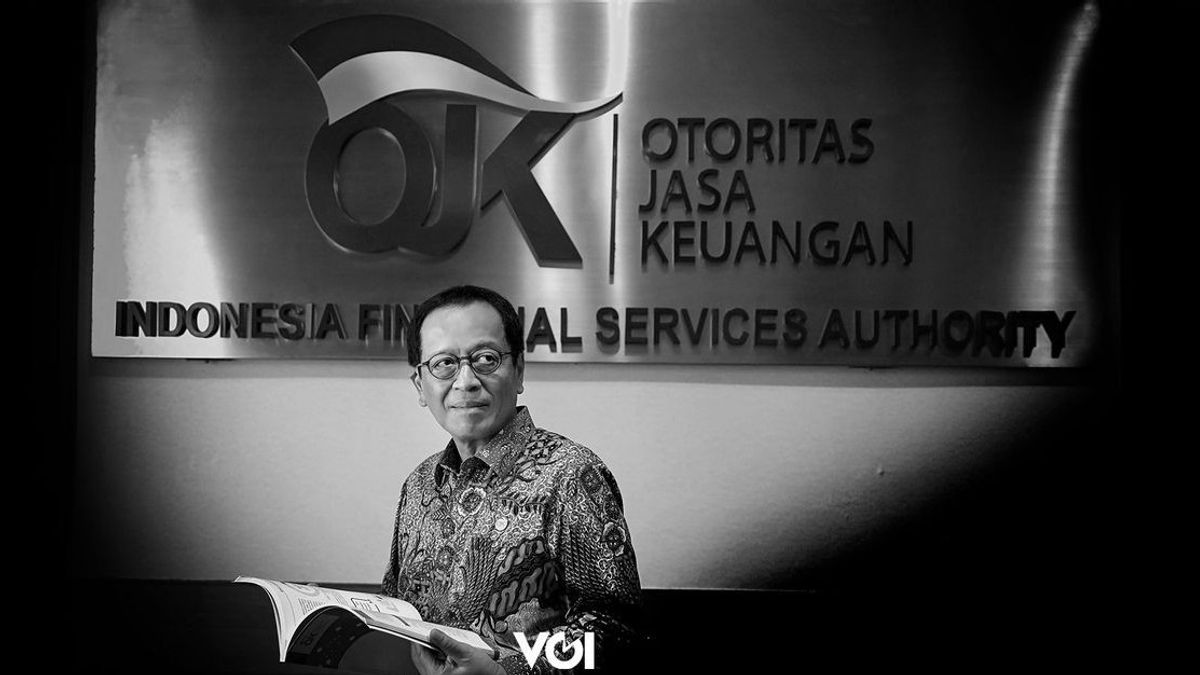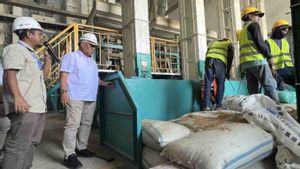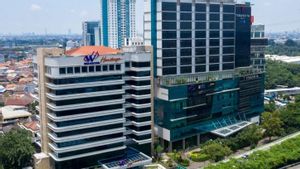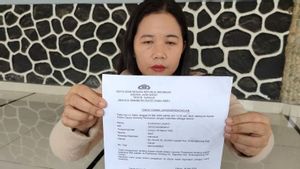
JAKARTA - The Financial Services Authority (OJK) has issued a Climate Risk Management & Scene Analysis (CRMS) guide or climate risk management and a scenario analysis for the banking sector in managing climate management risks.
OJK Banking Supervision Chief Executive Dian Ediana Rae said this policy is in line with the global policy direction and several countries in the world have initiated the implementation of climate risk management in its financial sector, including the United States, Britain, European Union, Australia, United Arab Emirates, Hong Kong, Singapore and Malaysia.
"These countries have issued guidance for the development of climate risk management and have conducted stress tests against banks and other financial industries, some of which have even published the results of their climate risk stress test," he explained at the launch of CRMS in Jakarta, Monday, March 4, 2023.
According to Dian, this policy is the framework for assessing the resilience of the bank's business model in dealing with climate change, both in the short and long term. Later, this will be described in banking financial performance reports.
Meanwhile, the initiation of guidance development related to climate risk management in Indonesia itself has been started since 2023 through the issuance of limited initial guidance which is further developed to be more comprehensive as outlined in the 2024 CRMS Guideline document.
Dian said that currently the nature of climate risk inclusion is not mandatory and there are no sanctions if it is not carried out.
In addition, according to him, taking into account the complexity and significance of the banking industry's credit portfolio, a new experiment will be conducted in July 2024 involving major banks included in the Bank Group based on Core Capital (KBMI) 3 and 4.
Furthermore, Dian conveyed, the output of the implementation of the CRMS piloting is expected to provide an overview of the climate impact on banking financial performance as the basis for Regulatory Climate Impact Studies for Indonesian Banking.
"Gradually, we first make banks understand to a certain point when it becomes an obligation, then there will be sanctions," he said.
Going forward, OJK plans to integrate climate risk aspects into its risk management framework and become part of the supervisory action for the banking industry, of course, is carried out with international standards that will be applied by The Basel Committee on Banking Supervision (BCBS).
Dian explained that in the future banks must measure and set targets to assess the impact of climate risks related to their business activities. As well as banks must disclose qualitatively and quantitatively on climate risk management measurements.
Where it will be listed in the Risk-Weighted Asset Rate (ATMR) in the financial statements.
관련 항목:
Dian added that the CRMS concept will implement appropriate transitional policies so that transitional risks and physical risks are more controlled taking into account the scenario of changing the main driver of climate risk, namely physical risks that include potential disasters and transitions that include price policies or carbon taxes, technological developments to market sentiment.
"Banks are expected to know early on the sensitivity of each of these scenarios to changes in performance and will ultimately determine the business strategy and future bank risk mitigation, including financing allocations in the carbon-intensive sector," he said.
The English, Chinese, Japanese, Arabic, and French versions are automatically generated by the AI. So there may still be inaccuracies in translating, please always see Indonesian as our main language. (system supported by DigitalSiber.id)















